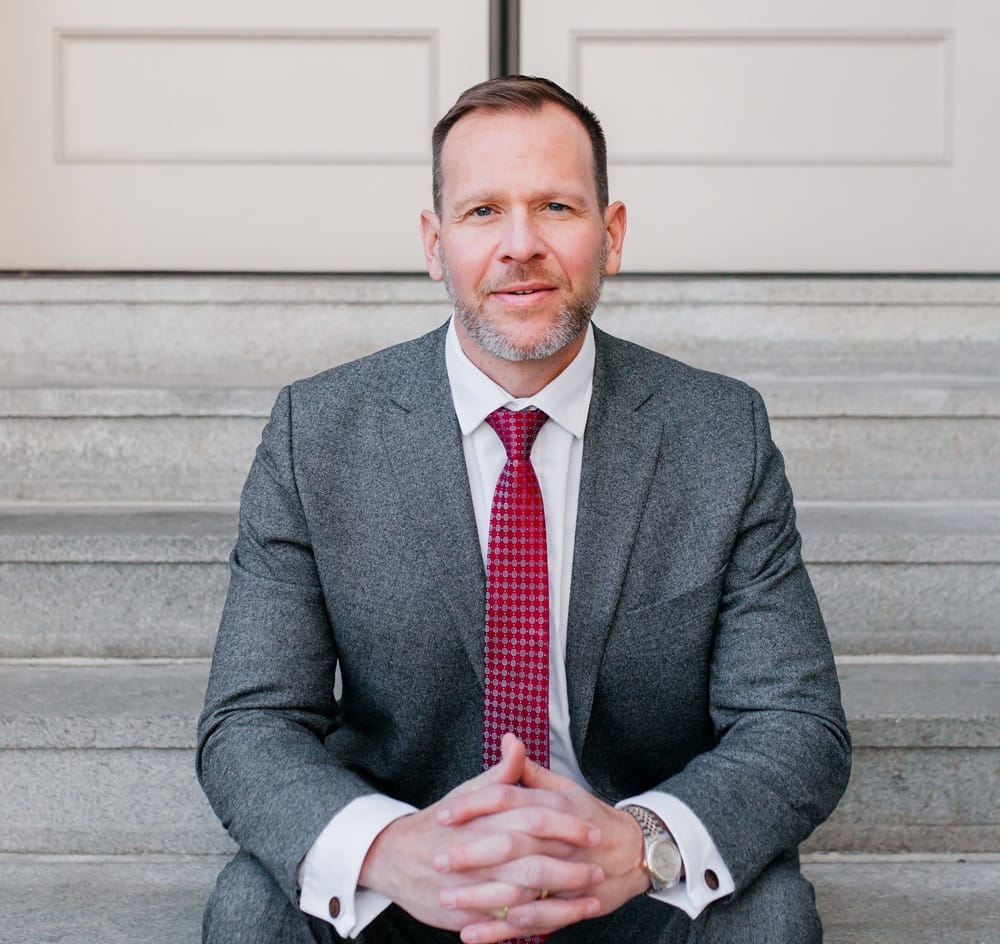
There are lawyers who fill rooms with noise. Then there are the ones who draw attention without raising their voice.
Timothy E. Zerillo belongs firmly in the second camp.
For more than twenty years, he’s been part of a demanding corner of American law, criminal defense, constitutional rights, and the delicate business of representing people when the stakes are everything. You’ll rarely find his name chasing headlines. Yet, in courtrooms across Maine and beyond, judges and peers know exactly who he is.
Beginnings That Shaped a Career
Zerillo grew up in Portland, Maine, a place that keeps its humility even when it grows. He studied literature first, long before law. Maybe that’s why his arguments read like stories: detailed, built around character, timing, and consequence. After law school in Boston, he came home to start a practice from scratch. No investors. No backing. Just a desk, a phone, and a willingness to take the calls that others avoided.
Those first few years taught him two things: preparation wins more cases than charisma ever will, and real empathy can’t be faked.
How Zerillo Law Took Shape
By the time he opened Zerillo Law, the foundation was already there: work hard, talk straight, respect the process. His firm’s approach is simple but rare. Every client is treated as a full case study, not a statistic. Every motion, every hearing is prepared as if it might set precedent.
That mindset has built a loyal client base. Some come through referrals from judges, even former opponents. Others are families who heard about him from someone who once stood where they’re standing now. Inside the office, the tone is calm. No shouting, no drama. Just quiet intensity.
The Cases That Tested the System
Ask colleagues about his most defining work, and the same few cases surface. One involved revisiting a decades-old murder conviction, where witness credibility and procedural errors turned the spotlight on the justice system itself. Zerillo’s cross-examination in that hearing became a talking point among trial lawyers for its restraint and precision.
Another case took him into civil rights territory, representing a family whose loved one died in county custody. There were no easy answers, no quick settlements. But the litigation forced a conversation about medical care and accountability in correctional facilities. For him, that was the point: the law isn’t just about verdicts; it’s about making institutions look at themselves in the mirror.
Leading a Firm Like a Business, Not a Crusade
What separates Zerillo from many of his peers is his ability to treat a law practice as both a mission and a business. He keeps structure without stifling compassion. His team runs like a newsroom: deadlines, research checks, revisions.
Yet, clients describe it more like therapy than transaction. He tells them the truth, even when it’s unpleasant. And he expects honesty in return.
The firm’s success didn’t arrive overnight. It was earned case by case through consistent delivery rather than grand marketing. That discipline has turned a local defense office into a respected regional name.
Thought Leadership Without the Buzzwords
In recent years, Zerillo’s writing and public talks have added another dimension to his career. He’s written candidly about trial backlogs, the need to protect jury trials in overburdened systems, and how technology should serve justice, not shortcut it.
His tone isn’t that of a lecturer. It’s that of a craftsman explaining what’s gone slightly off balance in his trade.
He once remarked in a bar-association forum that justice doesn’t fail in spectacular ways; it erodes slowly, one ignored deadline and one unchecked assumption at a time. It’s the sort of insight that stays with you long after the panel ends.
Mentorship and Firm Culture
Inside Zerillo Law, mentorship isn’t formalized into glossy programs. It’s organic. New associates shadow senior lawyers, learn how to argue, and more importantly, how to listen. Zerillo believes patience in conversation often wins more cases than aggression in argument.
He still edits junior lawyers’ briefs himself, not because he doesn’t trust them, but because he sees teaching as part of the job. “If I stop passing on what I’ve learned,” he once told a young colleague, “then I’m just performing, not practicing.”
Recognition Earned Quietly
While accolades have followed, board service on national criminal-defense organizations, state-level awards, election to exclusive legal fellowships, he treats them as background noise.
What matters to him is respect from the bench, credibility with juries, and dignity in how the job gets done.
Balancing Law and Humanity
Law can be cold. Zerillo never lets it be. He’s sat across from clients at their lowest, from executives facing indictment to young men who made one terrible decision and can’t take it back. He approaches each with the same posture: calm, factual, but never detached.
He says little during client meetings, takes notes by hand, and listens for the details that others overlook, not the crime, but the reason behind it. That listening defines his advocacy. When he stands up in court, he doesn’t just represent a case; he represents a full human story.
As courts wrestle with evolving challenges, digital evidence, privacy battles, overloaded dockets, Zerillo continues to adapt without losing his grounding. There’s talk of expanding his firm’s training initiatives, possibly even a publication series for young defense attorneys. He shrugs off speculation, focusing instead on the work ahead.
“I don’t think about legacy,” he once said over coffee to a local journalist. “I think about the next motion that needs to be written properly.”
That line sums him up perfectly: practical, grounded, and still just as passionate about getting it right.
Timothy E. Zerillo represents a version of the legal profession that still believes preparation outruns charisma, and integrity outlasts spectacle. His practice stands as proof that success doesn’t always roar; it can whisper and still be heard everywhere that matters.


